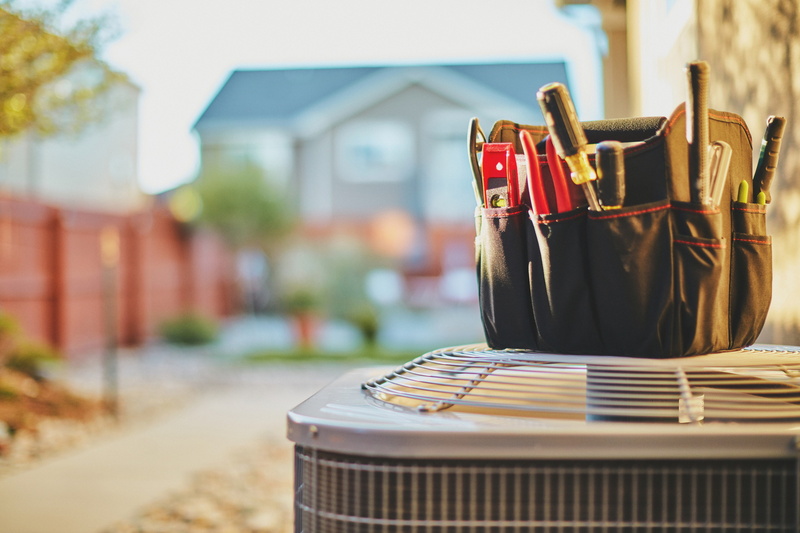You may only think of refrigerant when it comes to cooling your home in the summer. But it’s possible that you also use refrigerant in the winter to heat your home—if you use a heat pump. The lack of awareness around refrigerant for heating use can lead to refrigerant leaks going unnoticed during the winter.
A refrigerant leak doesn’t just affect how well your heat pump can warm your home. It also puts strain on your heat pump and makes it work harder than it needs to. So if you need heat pump or AC repair in St. Lucie, FL, our team can help—whether you’re heating or cooling your home.
About Refrigerant Leaks
Is a refrigerant leak really that big of a deal? The short answer is yes. Without a proper refrigerant charge, your heat pump cannot properly cool or heat your home. That means no matter what you set your thermostat to, the system will struggle to meet your needs.
Your system can begin to work harder to reach the temperature setting, which can lead to overheating and additional wear and tear on your heat pump. When refrigerant levels are low, they need to be recharged. Some heat pump companies will recharge your refrigerant without digging deeper to find out why the charge is low.
If there isn’t a leak, there’s no reason to lose refrigerant. It’s really as simple as identifying where the leak is and repairing or replacing the line. Then, when we recharge your refrigerant, the charge will last as it should. If you’re paying to have your refrigerant recharged each year, there’s a good chance that you have a refrigerant leak.
Keep in mind that older heat pumps are more likely to have refrigerant leaks. If you have an older unit, it can also cost more to recharge because the system is outdated. There may come a time when it makes more sense to replace the entire heat pump because of the overall energy savings.
Risks of Refrigerant Leaks
Refrigerant is also called freon, and it has no taste or smell. This can make identifying a leak more difficult. If refrigerant leaks into your air, it can affect your health in the same way that a natural gas leak would. You and your family may begin to exhibit symptoms of illness that are persistent and do not go away. These symptoms include:
- Difficulty breathing
- Unusual heartbeat pattern
- Fluid buildup in your lungs
- Persistent tiredness
- Confusion or brain fog
- Mental fatigue
- Losing consciousness
- Seizures
Don’t ignore the signs of refrigerant leaks. If the air coming through your air vents feels weak or doesn’t feel specifically hot or cold (depending on your temperature settings) then you might have a refrigerant leak. Air coming from the vents should not feel lukewarm if you have cooling on and it should not feel cool if you have the heat on.
You might also hear a hissing or bubbling sound coming from your system if there is a refrigerant leak. Hissing happens if the refrigerant is in gas form when it leaks. But if the leak is in a portion of the line where the refrigerant is in its liquid form, you may hear bubbling instead. Both of these sounds are a reason to be concerned.
Contact Mechanical Air Conditioning to schedule an appointment for your central heat pump needs.

